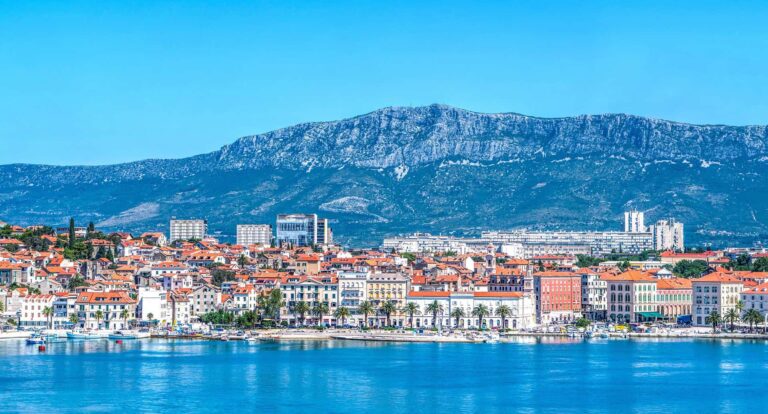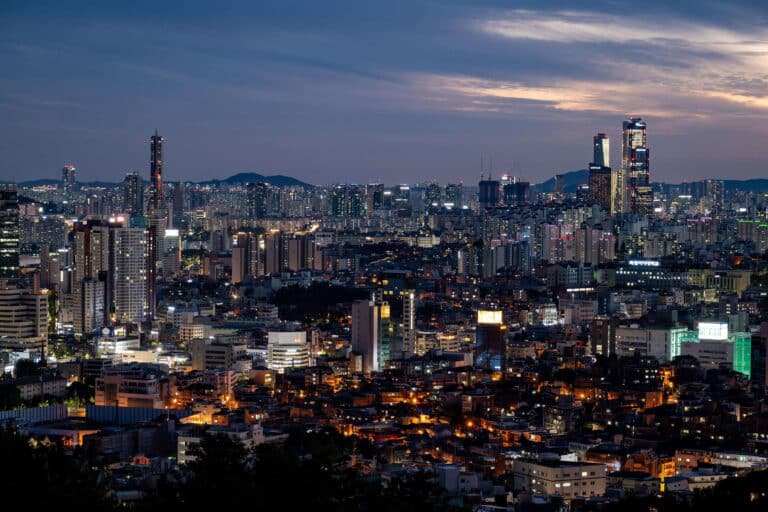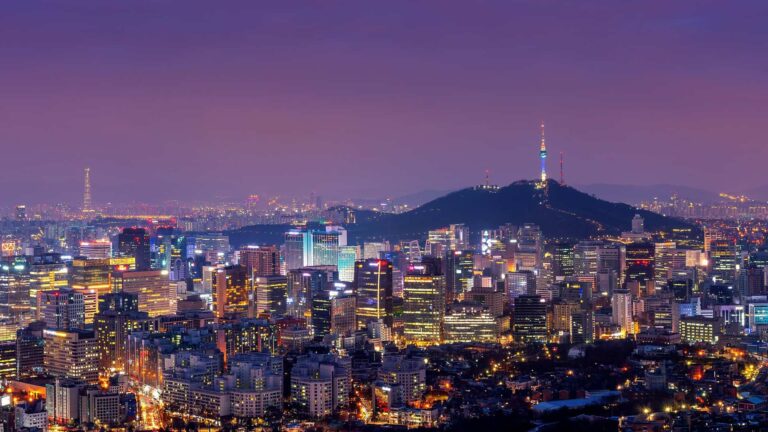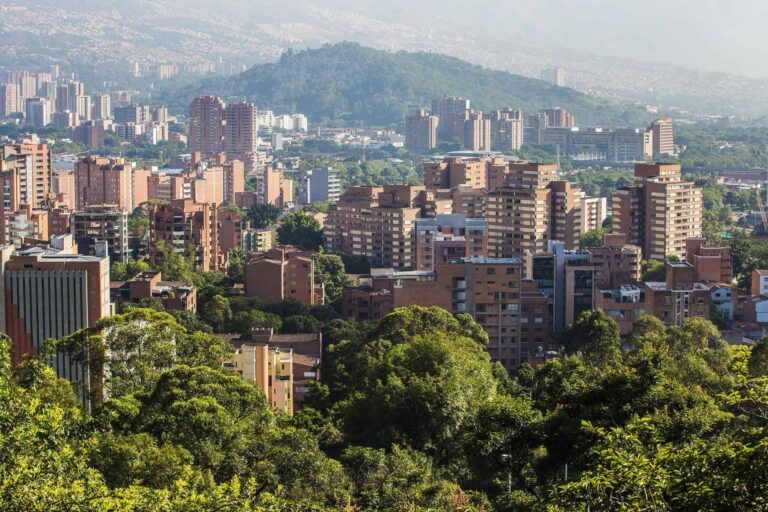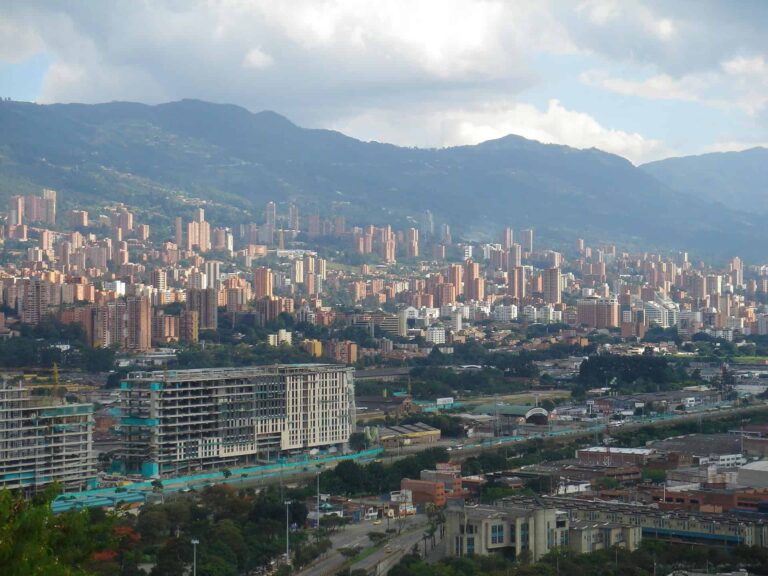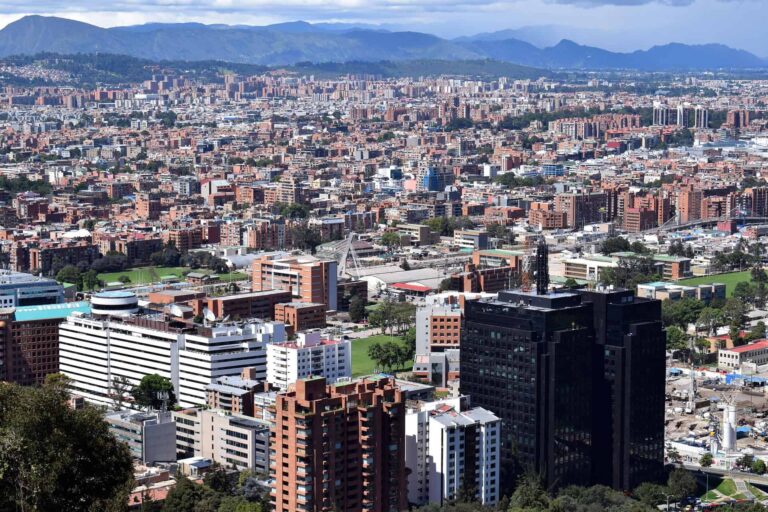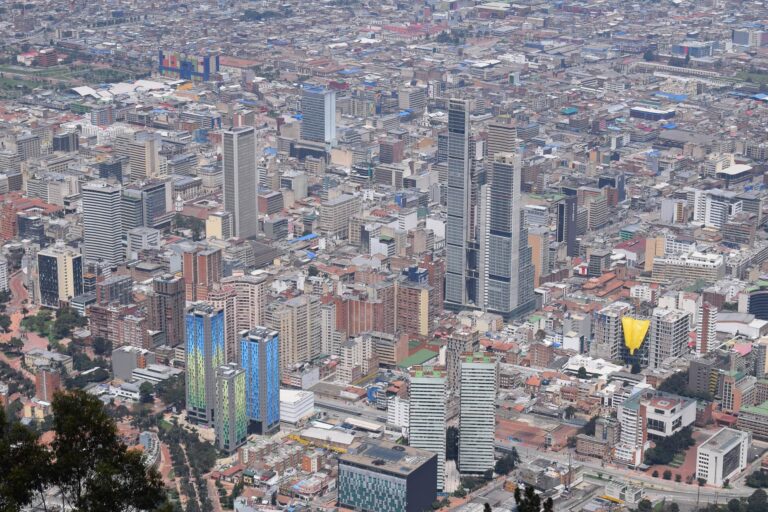Getting sick abroad is stressful — especially if you’re in a new city where the healthcare system feels unfamiliar. But don’t worry. Whether it’s food poisoning after too many empanadas or a sprained ankle from wandering the cobblestone streets of San Telmo, this guide will walk you through everything you need to know about getting medical help in Buenos Aires.
Understanding Buenos Aires’s Healthcare System
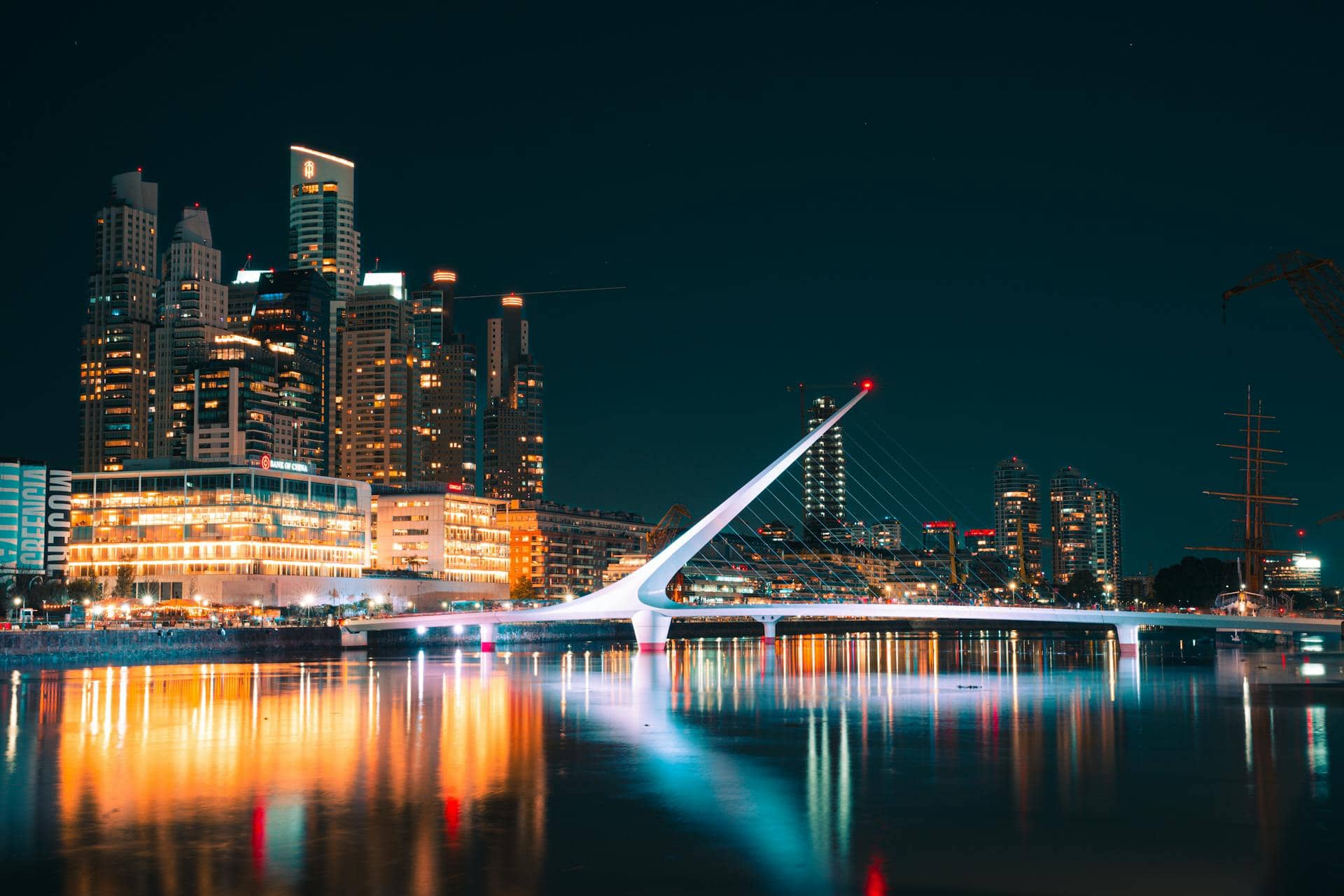
Let’s look at Buenos Aires’s healthcare.
Private vs. Public
Argentina has a two-tier healthcare system: public and private.
- Public healthcare is available to everyone, including tourists, and it’s generally free. However, the downside is long wait times, crowded facilities, and a higher chance of dealing with language barriers.
- Private healthcare is the better option for travelers. Private clinics in Buenos Aires are modern, efficient, and more likely to have English-speaking doctors. You’ll need to pay upfront, but if you have travel insurance, you can usually get reimbursed.
Emergency Medical Care
Here’s what you need to know in case of an emergency.
Essential Emergency Numbers
- Ambulance, Police, Fire: 107 (ambulance), 101 (police), 100 (fire)
- Tourist Police Hotline (English-speaking assistance): 0800-999-5000
How to Call an Ambulance in Buenos Aires
Dial 107 for medical emergencies. Share your location clearly and describe the situation. Operators may not always speak English, so keeping your hotel staff or a translation app handy is a good idea.
Hospital vs. Urgent Care
- Hospital: Go here for life-threatening emergencies like chest pain, head injuries, or broken bones.
- Urgent care or private clinics: Best for mild to moderate issues like stomach bugs, flu symptoms, or minor injuries.
Pharmacies & Medication: What You Need to Know
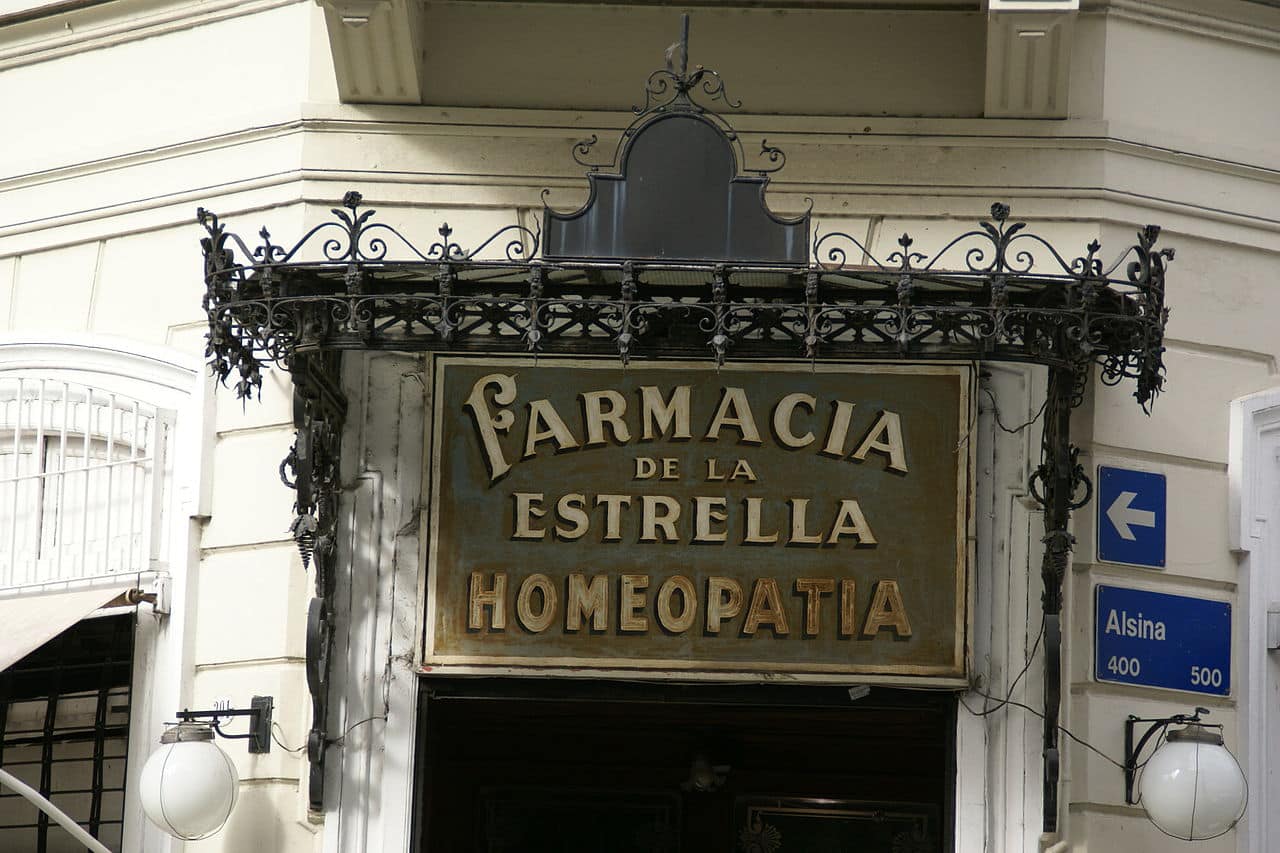
Pharmacies in Buenos Aires are called “farmacias.” You’ll find them all over the city, and many are open 24/7. Look for the green cross sign outside.
- Over-the-counter meds: Painkillers, cold medicine, and antihistamines are easy to find.
- Prescription meds: You’ll need a doctor’s note for antibiotics or stronger medication.
- After hours: Some pharmacies operate on a rotating 24-hour system. Your hotel staff or Google Maps can point you to the nearest one.
What to Do if You’ve Got Travel Insurance
Travel insurance makes things much easier. To file a claim, you’ll usually need:
- A copy of your passport
- Medical report or doctor’s note
- Original receipts and proof of payment
- Your policy number
Always double-check with your insurer for exact requirements.
Language Barriers
Spanish is the official language in Buenos Aires, and while some doctors speak English, it’s not guaranteed. Here are a few handy phrases:
- “Estoy enfermo/a.” = I am sick.
- “Me duele el estómago.” = I have stomach pain.
- “No me siento bien.” = I don’t feel well.
How to Avoid Getting Sick in Buenos Aires
- Tap water: Generally safe in Buenos Aires, but many travelers prefer bottled water.
- Food safety: Stick to busy restaurants with high turnover. Street food is usually fine but check for cleanliness.
- Mosquitoes: Dengue can occur in warmer months, so pack repellent.
- Common traveler illnesses: Food poisoning, stomach bugs, and dehydration in summer.
Healthcare Tips for Pregnant Travelers & Those with Pre-existing Conditions
Buenos Aires has many excellent private hospitals with specialists.
- Bring your medical history and prescriptions.
- Contact your insurer to confirm coverage.
- Look for private clinics such as Hospital Alemán or Clínica del Sol, which often cater to international patients.
Finding an English-Speaking Doctor in Buenos Aires
This can be tricky if you don’t know where to look. Some doctors speak English, but availability isn’t always guaranteed.
That’s where Air Doctor helps. With our app, you can book local, trusted, English-speaking doctors in Buenos Aires for both in-person and virtual appointments.
Getting Help Beyond Healthcare
Embassies and consulates can support you in emergencies — whether you’ve lost your passport, need medical evacuation, or require legal assistance. Always keep your embassy’s contact number handy.
Recap
Getting sick in Buenos Aires isn’t fun — but you’ve got options:
- Call 107 for emergencies
- Use pharmacies for basic meds
- Choose private clinics for faster care
- Keep your travel insurance docs ready
- Use Air Doctor to find English-speaking doctors nearby
About Air Doctor
With the Air Doctor app in your pocket, you can access medical care and receive expert medical guidance anywhere you travel.
Air Doctor offers a wide range of benefits, including:
- A global network of over 20,000 multi-lingual doctors and specialists
- Choice of clinic, at-home (hotel), and video consultations
- Healthcare access in 90 countries
- 24/7 multi-lingual support
- Transparent pricing and reviews
- Most common medical specialties, including cardiologists, ENT specialists, and gynecologists
FAQs
Buenos Aires occasionally has outbreaks of dengue fever in summer due to mosquitoes. Food-related stomach bugs are also common among travelers.
Stick to bottled water if you’re unsure, eat at reputable places, and use mosquito repellent during warmer months.
Yes, in summer months, mosquitoes can spread dengue. Protect yourself with repellent, long sleeves at dusk, and avoid stagnant water areas.




